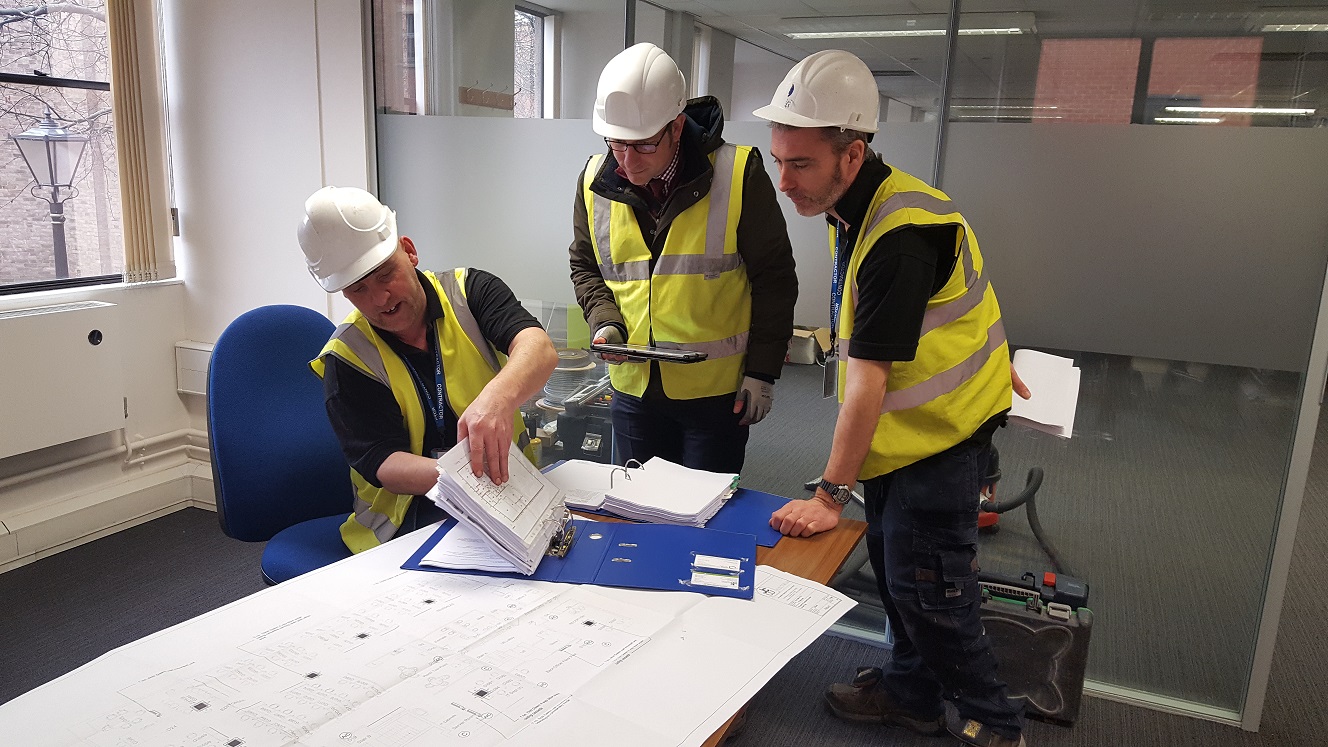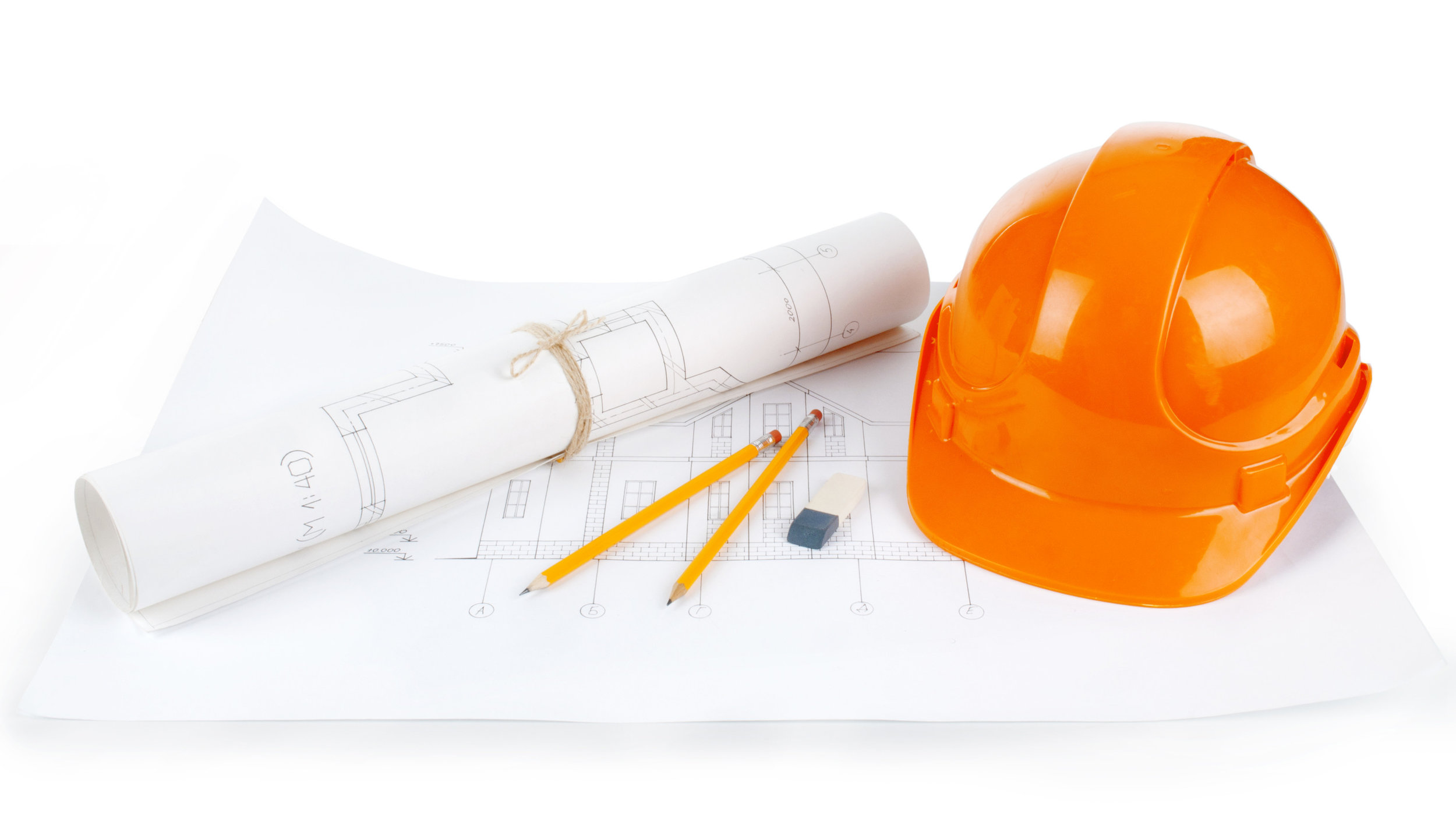Competent and Safe Contractor
/Figures from the Health and Safety at Work, Summary Statistics for Great Britain 2017 show that the HSE enforcing bodies issued a total of 11,913 notices. £69.9 million was the total value of fines as the result of the 554 convicted prosecuted cases. You cannot put a price on safety, it is one thing to have good Health & Safety procedures, it is another to follow it properly and to have recorded evidence to show for it. Here at JCW, we take the Health and Safety of our staff and clients seriously so it isn’t just “paperwork” for us. In this blog we wanted to share what we believe defines a “safe and competent” contractor.
Experience
A specialist has the qualifications, but an expert has the qualifications and the experience. They show relevant experience that can be backed up by evidence and client reference. This can be requested privately, or as a specialist in HVAC and Electrical Projects, JCW proudly present case studies and testimonials for all potential clients to access directly via the website. When a contractor showcases their experience with documented evidence, they showcase their specialism with a proven track record in managed Health and Safety.
Qualifications
Accreditations are essential for showing qualified skills in Electrical, Mechanical or Gas works. However, a good contractor will have gone above and beyond displaying a skill certification, they will have gone through and passed rigorous Health, Safety and Quality competency training, tests and audits by third party professional bodies (e.g Constructionline). Every Project Manager, Facilities Manager or Procurement Manager should be asking for more than just skill qualification certificates. See examples of our Health, Safety, Environment and Quality accreditations here.
Documentations
Few people will admit to doing the bare minimum when it comes to updating their signed Health and Safety documents, policies and training certificates. It is necessary to check that the contractor has sufficient and up to date Health and Safety management systems. Having the management system in theory is great, but everything needs evidence, so ask for recent risk assessments, site Health and Safety audits and valid training certificates of staff.
Subcontractor
JCW expect to go through the same, if not more rigorous pre-qualification procedures expected of our own subcontractors. When an approved contactor employs specialist subcontractors to work on your sites, it is important to check that they have a similar contractor approval system as yourselves. The subcontractor’s Health, Safety and Quality management systems will need to score similarly to your main contractor. If in doubt, for a peace of mind, always pre-assess them yourselves.
Insurance
Contractors should know what insurances they need for the product or service they provide. Clients should also know what to ask for before signing off orders of work. Having public liability, employer’s liability insurance and professional indemnity is the beginning, having the right level (excess and limit) of insurance also form a crucial part of any contractor approval process. An appropriately insured contractor, will guarantee that you, the client won’t be liable for any large legal bills that do not belong to you.
Having all the above, plus a historical clean bill of Health, and Safety is what defines a “safe and competent” contractor in our opinion. Clients can be rest assured that they have hired a capable contractor that will also comply with their legal Health and Safety responsibilities, as long as they review their approved contractors regularly of course!
See how we maintain our relationship with our main contractors and subcontractors here.
Our accreditations and professional qualifications here.
Our case studies and testimonials.











